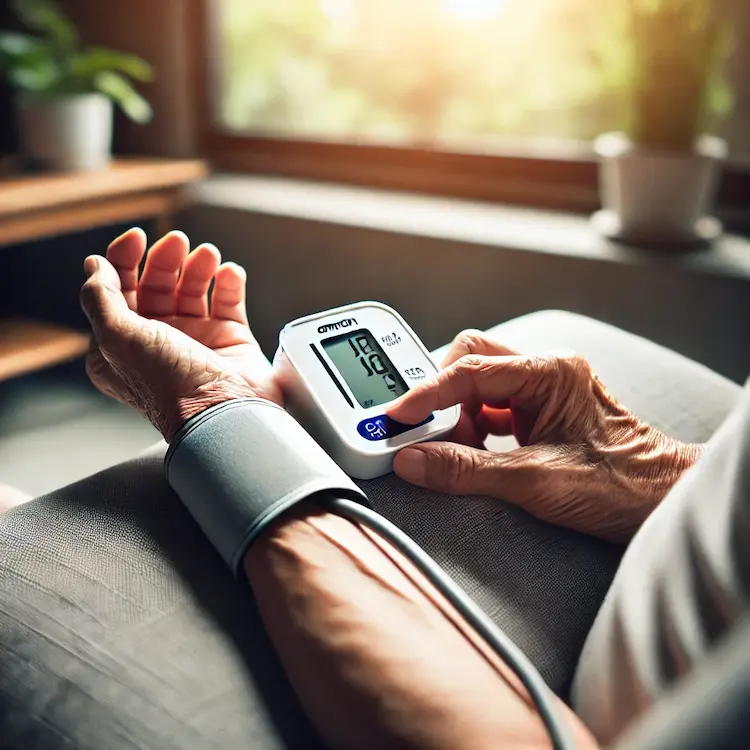With the rise in hypertension and other cardiovascular conditions among aging populations, the importance of accurate and accessible blood pressure monitoring cannot be overstated. Omron RS3 vs Omron RS2 is the regular blood pressure monitoring at home allows seniors to actively manage their health, ensuring timely detection of potential issues before they escalate into serious medical conditions. Among the leading brands in home blood pressure monitors, Omron has established itself as a trusted name, especially with its wrist-based devices like the Omron RS3 vs Omron RS2.
This article provides a comprehensive, well-researched comparison between the Omron RS3 vs Omron RS2, with a specific focus on which device is easier for seniors to use. Ease of use is crucial for older adults, especially those with reduced dexterity, declining eyesight, or limited technological familiarity.
As individuals age, the risk of developing hypertension increases significantly. According to the World Health Organization (WHO), more than 1.28 billion adults globally have hypertension, and a substantial proportion are over the age of 60. Regular monitoring helps seniors:
For seniors, home-based blood pressure monitors (BPMs) reduce reliance on clinic visits, offering convenience and empowering them to take control of their health. This autonomy is especially valuable for those with mobility issues or living in remote areas.

Seniors often face physical, cognitive, and sensory challenges that affect their ability to use medical devices:
| Feature | Omron RS3 | Omron RS2 |
|---|---|---|
| Display Size & Clarity | Larger, clearer screen | Smaller screen |
| Font Size | Large and bold | Moderate |
| Ease of Use | One-touch, guided placement | One-touch, basic guidance |
| Cuff Positioning Guidance | Detailed visual guide | Basic guide |
| Memory Storage | 60 readings | 30 readings |
| Error Detection (Movement/Position) | Yes | Limited |
| Hypertension Indicator | Included | Not available |
| Irregular Heartbeat Detection | Yes | Yes |
| Comfort & Fit | Adjustable, soft cuff | Adjustable, standard cuff |
| Overall Complexity | Low | Very low |
Winner: Omron RS3
The RS3’s screen is larger, clearer, and features bold fonts, making it easier for seniors with visual impairment to read results. The RS2, while functional, has a smaller screen with more compact text, which could be challenging for seniors with deteriorating eyesight.
Winner: Both (Tie)
Both devices are designed with one-button operation, which is ideal for seniors. This reduces complexity, ensuring seniors can take readings without unnecessary steps.
Winner: Omron RS3
Proper cuff positioning is critical for accurate readings. The RS3 offers visual feedback during positioning, ensuring the cuff is in the correct place and angle. The RS2 offers basic guidance, but lacks advanced feedback features.
Winner: Omron RS3
The RS3 detects body movement and incorrect positioning, prompting users to adjust. This feature is especially helpful for seniors who may struggle to remain still during measurements. The RS2 offers limited error feedback, which could result in less accurate readings.
Winner: Omron RS3
The RS3 stores up to 60 readings, allowing seniors to track long-term trends. The RS2’s 30-reading capacity is more limited, which means data could be overwritten faster.
